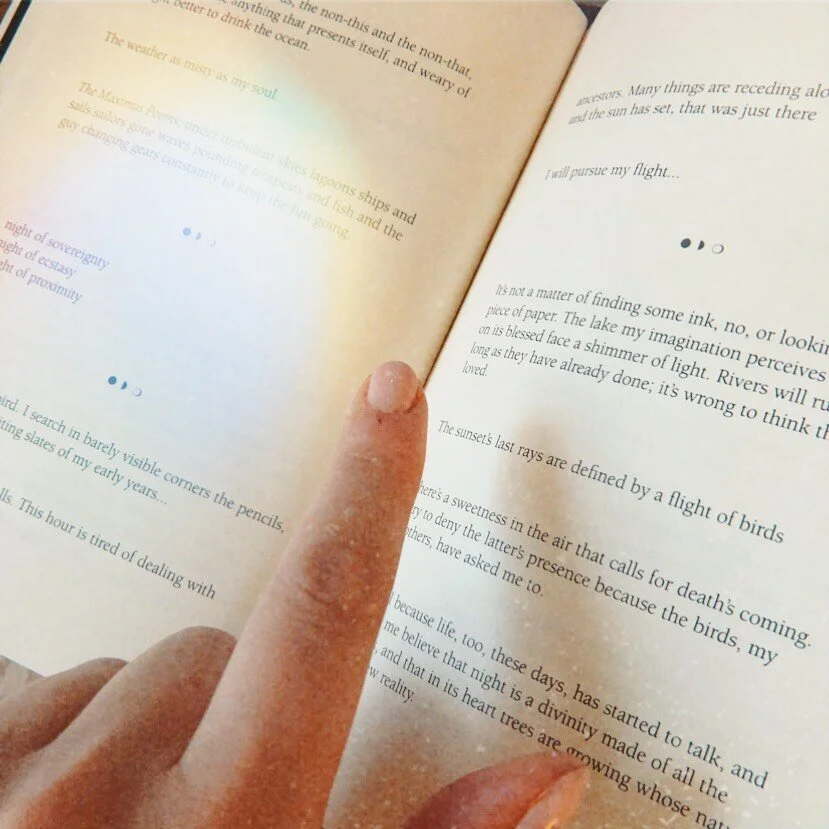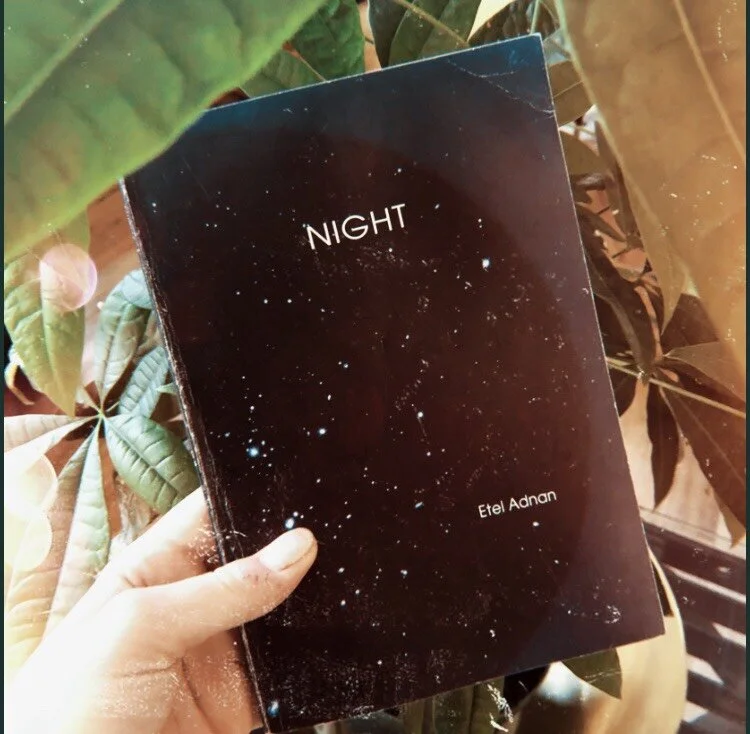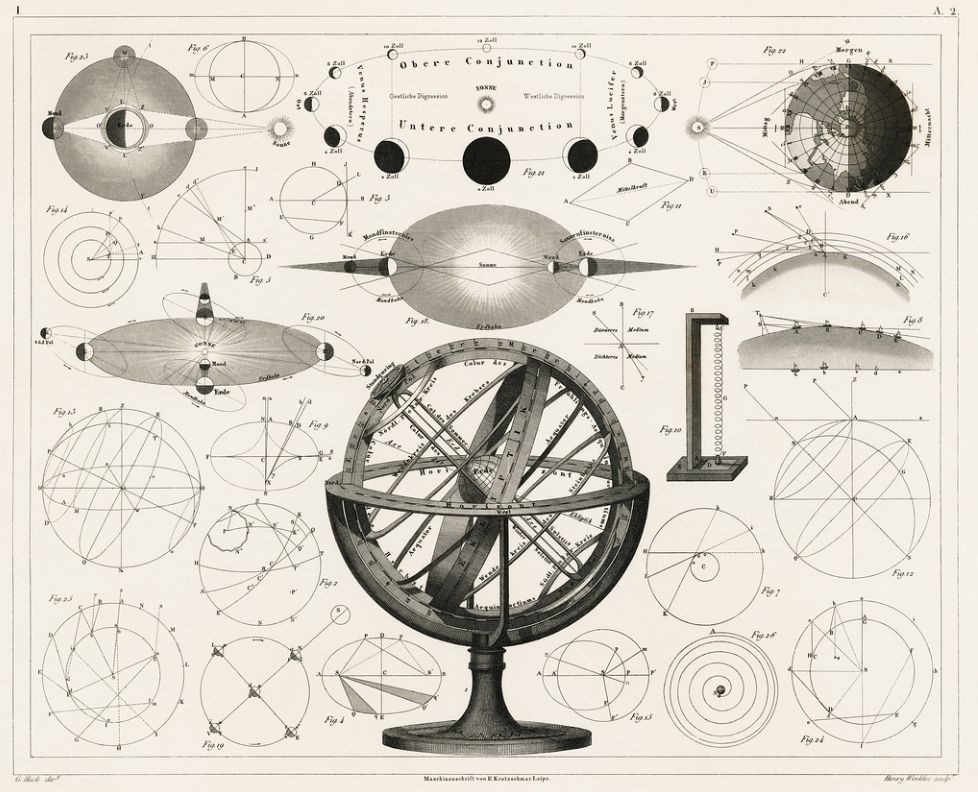BY LISA MARIE BASILE
Books speak to us, create worlds for us, and conjure both the questions and answers that reside within us. When we turn to books and written texts for some greater message, a message from beyond the page, we become literary witches — or bibliomancers. Bibliomancy (which goes by many other names) is the use of books in acts of divination. The goal here is to find greater wisdom, to lean into that Force or Spirit beyond and yet within the page.
Like the ancient practice of sortes (also a form of cleromancy, the use of lots for divination), the practice of divination from drawing a card or other object, bibliomancy has long had a place across cultures and in many folk traditions. Bibliomancers traditionally used the bible for divination, although grimoires and other sacred texts were also used.
According to the University of Michigan’s Romance Languages and Literatures, poetry — how delicious! — was consulted as well. The Dīvān of Ḥāfeẓ, a collection of ghazals written by the great Persian poet Hafiz, was used to seek “Tongue of the Unseen,” or messages via the poet after his death. Today, it’s still common for people to use sacred texts, like the I-Ching or the Bible to divine wisdom.
When we use poetry, of course, there is a technical term for that: Rhapsodomancy. However, bibliomancy seems to cover it for most people.
There’s even a fun intersection of the modern and the ancient over at the Bibliomancy Oracle, a simple webpage that offers up lines of poetry after concentrating and opening a “book” by clicking a button on the site. My poetry has even been included! The site says, “This Oracle selects passages from its database using a random generator. The idea being that meaningful texts are offered via synchronicity. The relevant message finds you. You only need to be open to receiving it.”
I’ve been consulting books for wisdom long before I knew what I was doing. I’d thumb through Bluets by Maggie Nelson or Rumi’s work — seeking wisdom, motivation, a message — and poetry never failed me. I’m sure you’ve done this, too, perhaps subconsciously. Not reading, per se, but seeking. Stumbling upon a stanza. It wasn’t until a few years ago that I began intentionally meditating on a question before selecting a passage and journaling about the line or stanza I’d be directed to upon asking it.
Like tarot or astrology, bibliomancy asks us to lean into the mystery and examine what we’ve been told. What is revealed? What does this revelation ask of us? What sings out when we see the words before us?
In this practice, the reader opens a book, whatever book calls out to them. As a poet, I prefer poetry. The reader then may call out to a guide or spirit to direct them to passage. Then, with eyes closed, the reader selects a page and then selects a line ( at least this is how I do it; although I am secular, so I work with no entity or deity). From there, the given line can be taken as wisdom, an omen, or a sign. Intuit this. Sometimes, people place the book on its spine and let it fall open (this was traditionally done with the bible, according to some research).
Although there are many approaches to bibliomancy, it is best that you create your own approach. Poems offer the most beautiful and mysterious answers to those questions we hold quiet and deep within us, I believe. In their ability to span the liminal parts of the self — the unsaid, the almost-said, the said-between-the-lines — poems offer great wisdom. Perhaps the spirit of the poet is there to direct you as well.
Poems are little written oceans, in which we dive deep, hungry to reach the bottom. Perhaps there is no bottom and that is the answer. Perhaps it’s the journey that matters.
When you let the book fall open, investigate what a line could mean in the context of your life. What images does it bring to mind? How does it make you feel? What does it force you to think about that perhaps you had not before?








































